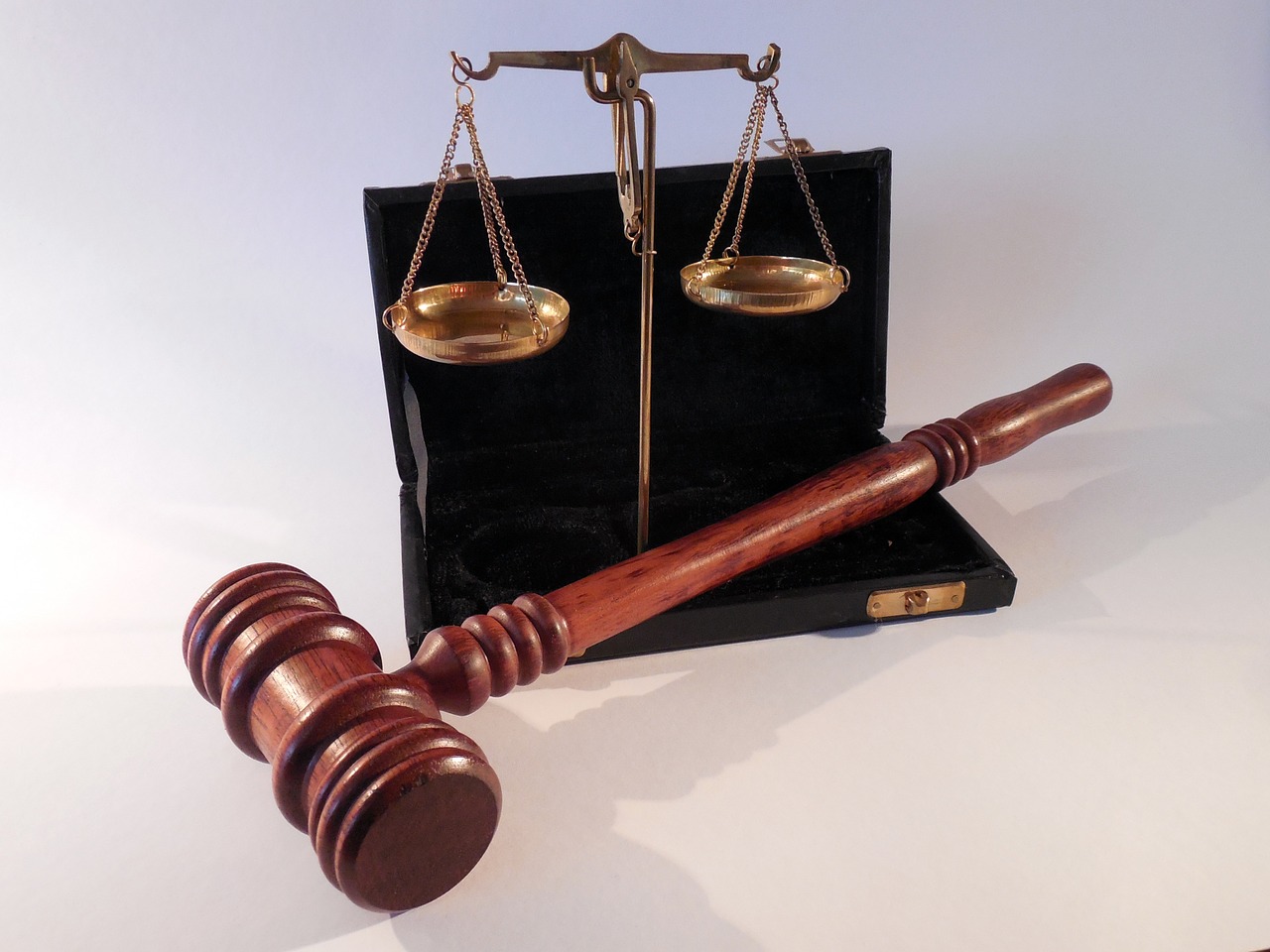
This is part of an ongoing series about Scripture and Tradition. Read previous installments: Part I Part II Part III Part IV
I am not sure what authority other Christian denominations cite for their claim that God reveals Himself only through the Bible, since the Scriptures themselves make no such claim. And I am also not sure what authority they cite for what books alone make up the Old and New Testaments.
On what basis does the Catholic Church claim her authority regarding Scripture and Tradition? When Simon Peter professed the divinity of Christ, Jesus promised him supreme leadership of the kingdom of Heaven on earth.
Now when Jesus came into the district of Caesarea Philippi, he asked his disciples, “Who do men say that the Son of man is?” And they said, “Some say John the Baptist, others say Elijah, and others Jeremiah or one of the prophets.” He said to them, “But who do you say that I am?” Simon Peter replied, “You are the Christ, the Son of the living God.” And Jesus answered him, “Blessed are you, Simon Bar-Jona! For flesh and blood has not revealed this to you, but my Father who is in heaven. And I tell you, you are Peter, and on this rock I will build my church, and the powers of death shall not prevail against it. I will give you the keys of the kingdom of heaven, and whatever you bind on earth shall be bound in heaven, and whatever you loose on earth shall be loosed in heaven.” Then he strictly charged the disciples to tell no one that he was the Christ. (Matthew 16:13-20)
Based on this Scripture passage, the Catholic Church holds that Christ, Who is the eternal rock, the inward and invisible foundation of His Church, selected Peter as the secondary rock upon which He would build His visible Church.
That Simon was selected by Jesus to be the rock foundation of His Church, is enforced by the unquestioned fact that the “keys of the kingdom” were promised to him on the occasion when his name was changed from Simon to Peter. To Jews, the keys signified power, authority and jurisdiction. This was clearly expressed by the prophet Isaiah some 700 years before Christ:
Thus says the Lord GOD of hosts, “Come, go to this steward, to Shebna, who is over the household, and say to him: … I will thrust you from your office, and you will be cast down from your station. In that day I will call my servant Eliakim the son of Hilkiah, and I will clothe him with your robe, and will bind your girdle on him, and will commit your authority to his hand; and he shall be a father to the inhabitants of Jerusalem and to the house of Judah. And I will place on his shoulder the key of the house of David; he shall open, and none shall shut; and he shall shut, and none shall open. (Isaiah 22:15, 19-22)
The Shebna mentioned in the above passage was the right-hand-man of Hezekiah, King of Judah. Isaiah condemned him for planning to engage Judah in a war with Assyria. The prophet warned that Shebna would be deposed from his post, stripped of his robe of honor, and deprived of the key that symbolized his authority. This reading may seem totally irrelevant to the Christian of today. But the image of handing over the key of the house of David to a minister of the king immediately reminds us of Jesus, the true king of the house of David, who handed over the keys of His heavenly kingdom to Peter. Peter would exercise authority in the Church. Although the nature of that authority and the manner in which it would be exercised are not specified, the authority to “bind and loose” implies the power to make binding decisions for the Church. And following Jewish tradition this power (keys) was passed on as the Catechism states in paragraph 85:
“The task of giving an authentic interpretation of the Word of God, whether in its written form or in the form of Tradition, has been entrusted to the living, teaching office of the Church alone. Its authority in this matter is exercised in the name of Jesus Christ.” This means that the task of interpretation has been entrusted to the bishops in communion with the successor of Peter, the Bishop of Rome.
As mentioned before, the Catholic Church did not determine which were the inspired books of the Bible until the fourth century. The Catholic Church proclaims that what constitutes the word of God was fixed and determined by the apostolic tradition and teaching authority of the Church. If the Catholic Church did not have the authority from God to do this, there would be no authentic Bible, which contained the inspired word of God. And if the Catholic Church did not have the authority, then who did?
Up Next: Scripture and Tradition, Part VI: Some Final Thoughts





